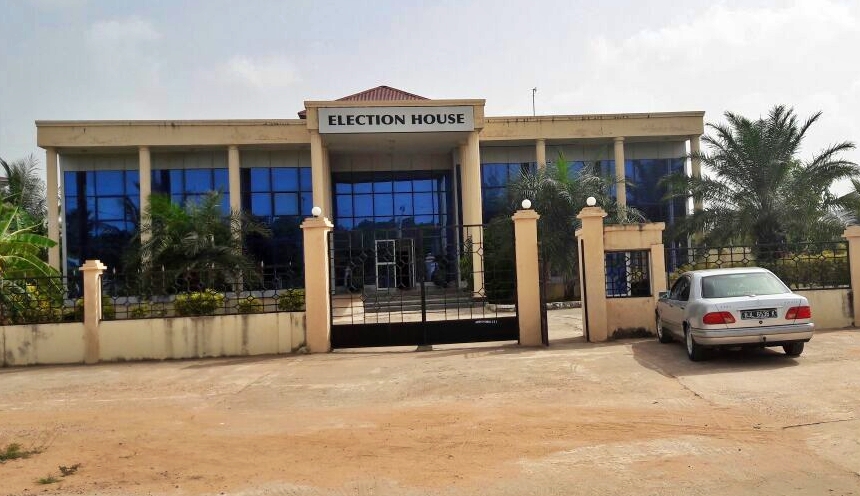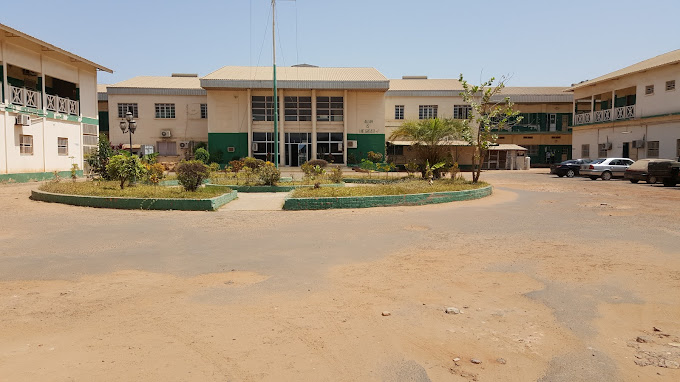Gambiaj.com – (BANJUL, The Gambia) – A recent retrospective study conducted at the Edward Francis Small Teaching Hospital (EFSTH) in Banjul highlights the challenges and outcomes of managing liver abscesses in The Gambia, where advanced medical resources are scarce. The study, spanning from January 2020 to November 2023, examined 31 patients, revealing that young males are disproportionately affected and often present with advanced disease due to late diagnosis.
The study was published in the BMC Gastroenterology volume 24, an open access, peer-reviewed journal that considers articles on all aspects of the prevention, diagnosis, and management of gastrointestinal and hepatobiliary disorders, as well as related molecular genetics, pathophysiology, and epidemiology.
Liver abscesses, which are prevalent in developing countries like The Gambia, can be caused by various pathogens, including bacteria (pyogenic liver abscess) and parasites (amoebic liver abscess). Despite the lack of advanced imaging techniques and treatment modalities, the study found that mortality rates remain low, underscoring the effectiveness of combining antibiotic therapy with ultrasound-guided percutaneous needle aspiration as a primary treatment strategy.
The study observed that most patients were young males, with a median age of 34. Approximately 93% of the patients experienced abdominal pain, 90% had fever and weight loss, and 86.7% exhibited an enlarged liver (hepatomegaly). The late presentation of symptoms, coupled with limited access to specialist care and diagnostic tools, is believed to contribute to the severity of cases at the time of hospital admission.
Ultrasound scans showed that 83.3% of the patients had just one abscess, and in 86.7% of these cases, the abscess was located in the right part of the liver. Additionally, 66.7% of these abscesses were very large (10 cm or more), much bigger than what is usually seen in other studies from different regions.
In resource-limited settings like The Gambia, where CT scans are not readily available, ultrasound-assisted percutaneous needle aspiration combined with antibiotics remains the standard of care. In the study, 83.3% of patients underwent this procedure, which proved to be both safe and effective. Antibiotic therapy alone was used in 16.7% of cases. There were no major complications reported from the needle aspiration procedure.
The mortality rate in this study was 3.3%, with only one patient succumbing to a severe, multi-lobular infection. This outcome compares favorably with mortality rates reported in other countries, such as 12.3% in the United Kingdom and 2.8% in Thailand. The study suggests that even in resource-poor settings, the current treatment approach is effective in managing liver abscesses.
The study highlighted significant delays in patient care, often attributed to initial visits to traditional healers and the lack of specialized services at primary healthcare facilities. These factors, coupled with socio-economic challenges such as malnutrition and poor living conditions, exacerbate the risk and severity of liver abscesses.
The findings call for improved community awareness, better referral systems, and the enhancement of diagnostic and treatment capabilities at lower-level health facilities. Despite the limitations, the study demonstrates that basic interventions like percutaneous drainage combined with antibiotics can yield positive outcomes even in low-resource environments.
The study concludes that while liver abscesses are prevalent in The Gambia, the treatment strategy of combining antibiotics with ultrasound-guided drainage is both effective and safe. The low mortality rate observed suggests that this approach should continue to be the mainstay of liver abscess management in resource-constrained settings.
Eminent Gambian specialists participated in the study, including doctors such as Sheikh Omar Bittaye, Saydiba Tamba, Sidat Joof, Mariam Jaw, Musa Cham, Landing Jarjue, Ebrima Bah, Morikebba Danso, Lamin Kebbeh, and Ramou Njie.
As The Gambia continues to grapple with healthcare challenges, this study provides a hopeful perspective on managing complex conditions like liver abscesses, even in the absence of advanced medical technologies.










